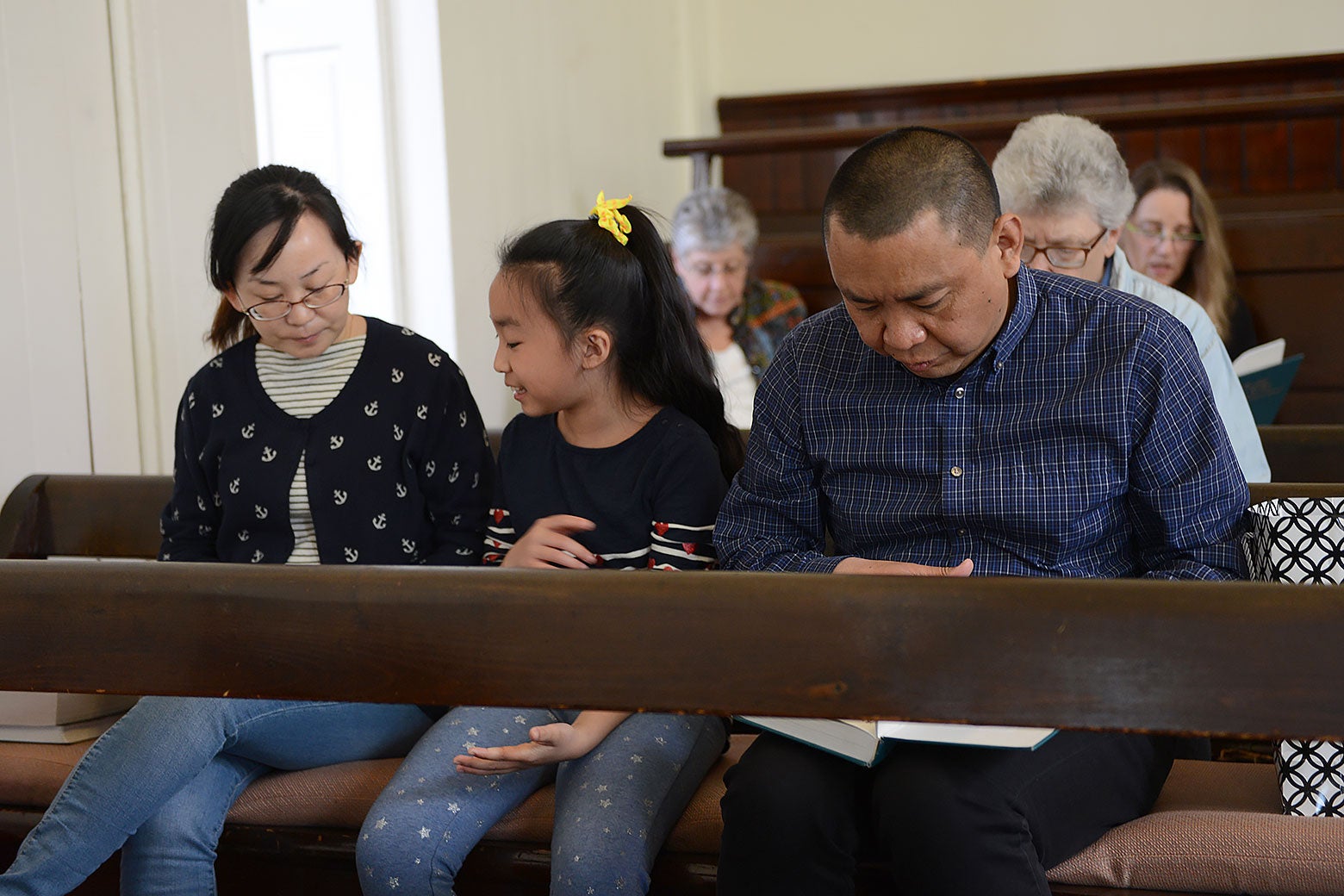
"The oatmeal jokes are what did it. Sick of them, I kept my Quakerism on the down-low as a kid. But then a Sunday birthday party invite that I'd have to turn down would force me to explain that, no, most of us don't quake. And yes, Meeting is basically church, but also not. With a sigh, I'd hit the salient points: "There's this quote about 'that of God in every one,' and if you believe it, you can't play with water guns.""
"I lived in the tangible, as children do, and would explain our commitment to Peace as: "If you've got a little chunk of God in you, I can't hurt you, 'cause I'd be hurting God." Then Equality was: "If we both have a little bit of God, how can one of us be better than the other?" Needless to say, this material wasn't a big hit with the under-20 set."
A childhood aversion to oatmeal jokes prompted hiding Quaker identity, leading to awkward explanations of Meeting and core beliefs. The tangible explanation of Peace framed God's presence as a reason not to harm others, and Equality framed shared divine spark as a reason for mutual respect. The Quaker SPICES—Peace, Equality, etc.—is presented as a navigational guide for parents amid abundant child-rearing advice. Widespread interest in these principles raises the question of whether modern families need organized religion. Simultaneously, concern exists that contemporary religious institutions often promote divisive, regressive policies, complicating any advocacy for increased religiosity.
Read at Slate Magazine
Unable to calculate read time
Collection
[
|
...
]